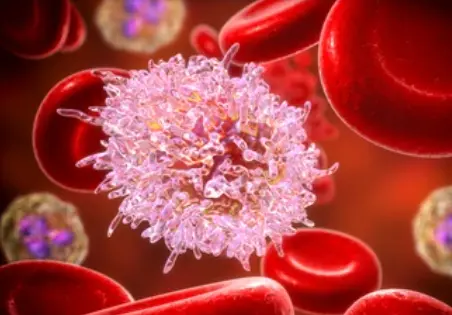 Welcome
Welcome
“May all be happy, may all be healed, may all be at peace and may no one ever suffer."
Fungating tumors - Generics
Fungating tumors are cancerous growths that grow uncontrollably and invade the surrounding tissue, resulting in an ulcerated, necrotic appearance. These tumors often present with a distinctive odor, which is caused by the release of volatile organic compounds from the cancerous tissue.
Fungating tumors are most commonly associated with advanced-stage cancer and are typically seen in breast cancer, melanoma, and head and neck cancers. They can cause significant discomfort and distress for patients, as well as affect their quality of life.
Treatment options for fungating tumors depend on the type and stage of cancer, as well as the overall health of the patient. In some cases, surgery may be an option to remove the tumor, while in others, radiation or chemotherapy may be recommended. Palliative care, which focuses on symptom management and improving quality of life, is also an important aspect of care for patients with advanced-stage cancer and fungating tumors.

Vitamin D Deficiency

Gonorrhea

Following pancreatic surg...

Benign prostatic hyperpla...

Bacteraemia and meningiti...

Chronic myeloid leukemia

Common cold

Overactive bladder
Fungating tumors, ছত্রাকের টিউমার
To be happy, beautiful, healthy, wealthy, hale and long-lived stay with DM3S.